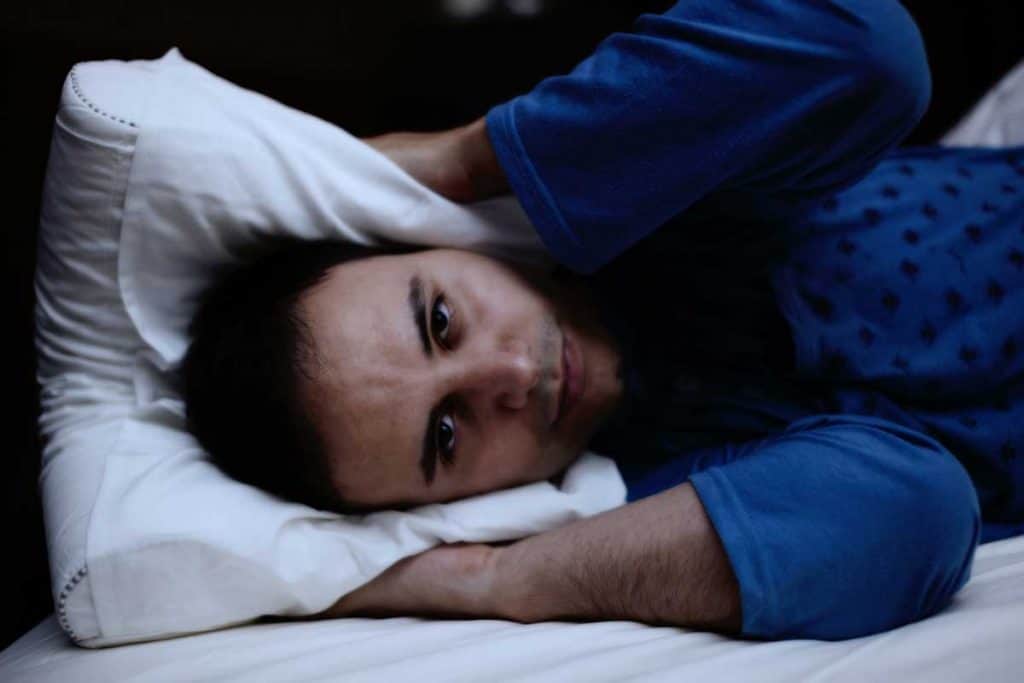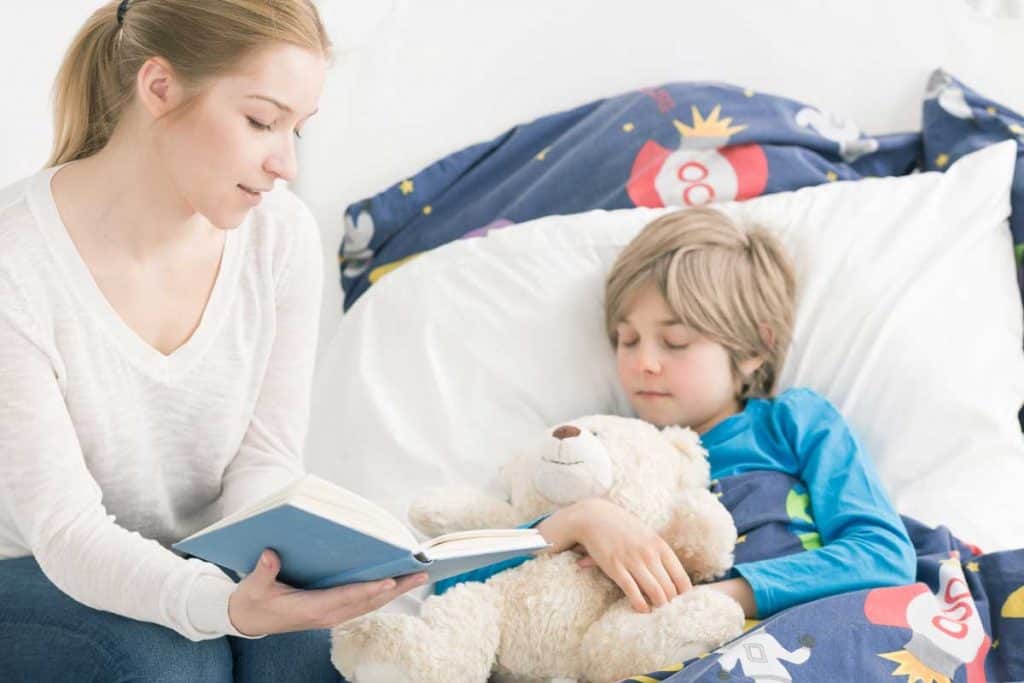
So, how to get better sleep with age? This guide can help you recognize sleep problems and get a good night’s rest that you need for your age.
As we grow older, our bodies experience altered sleeping patterns, unlike when we were younger. We easily become tired, early risers, or sensitive sleepers. Changes in our lifestyle and habits tend to ruin a good night’s sleep. However, sleep disorders like obstructive sleep apnea, insomnia, or nocturia can be a sign of an underlying disease.
A good sleep beats fatigue, improves memory formation, boosts mood, and allows bodily repairs, restoration, and growth. It can fight off physical and neurological diseases and can always improve temperament.
Meanwhile, the lack of sleep can lead to problems such as brain fog, irritability, memory loss, weight gain, increased risk of cardiovascular disease, and more.

How much sleep do we need?
Various sleep experts and institutions around the world issued scientific recommendations of sleep hours for different age groups. The study is published in Sleep Health Journal on what is recommended, appropriate, and not suitable for each age group. It is concluded that older adults need a maximum of nine hours.
Newborns
Babies with ages 0 to 3 months will benefit most when they sleep around 15 to 16 hours. They need it for their growth and development. The least amount of sleep they need at most is 12 hours and not more than 19 hours.
Infants
Children at 4 to 11 months have a recommended sleeping schedule of 12 to 15 hours. They shouldn’t sleep less than 10 hours and more than 18 hours.
Toddlers
Little broods can sleep 11 to 14 hours as per advised by sleep experts. The minimum amount of sleeping hours they need to grow is 9, and a maximum of 16 hours.
Preschoolers
Children at the age of 3 to 5 years old have a recommended sleep time of 10 to 13 hours. With that being said, they shouldn’t sleep less than 9 hours, and more than 14 hours.
Grade school
Now that they go to school every day, school-aged kids from 6 to 12 years old can sleep anywhere around 10 to 13 hours for maximum health benefits. They need better sleep with age to have the energy to carry out school tasks.
Teens
This is a tricky stage given that teens get to stay up at night due to friends or technology. Most teenagers suffer insomnia that affects their school works and social relationships. Teens should vie for 8 to 10 hours of sleep every night.
Young adults and adults
People from 18 to 64 years old should aim to sleep at least 7 to 8 hours. Adults need better sleep with age as it’s a crucial time to get the energy they need in carrying out daily tasks.
Seniors, older adults, and retirees
While older adults suffer from a lot of sleep disturbances due to aging. For better sleep with age they should aim to sleep around 7 to 9 hours. This is essential when combating cognitive decline, low immunity, and physical pain.

Common sleep problems as you age
Sleep difficulties are often caused by lifestyle changes, underlying medical conditions, or physical factors. If you can identify possible causes, you can make changes and adjust your lifestyle accordingly.
Stress, anxiety, and depression
The older you get, the more work and responsibilities you have to face. School, work, family, and social situations can give you physiological problems. Stress, anxiety, and depression can further slip to chronic insomnia if left unchecked.
Medications
Older adults and seniors take more medications than young ones that could affect their sleep. Some pills can make them jittery awake such as antidepressants. Even multivitamin minerals are known to suppress sleep especially if you take them at night.
Food and drinks
Too much work can have our feet lead us to fast food restaurants and liquor bars. This habit instilled in our adult lives can ruin our lifestyle. For instance, you’re stressed – you might be eating a lot than usual and drinking with friends at night. Your food and drink choices can affect your sleep through:
- Weight gain
- Acid reflux
- Obstructive sleep apnea
- Nocturia
- Stomach aches
Poor sleep environment
When we’re tired, we usually dump our belongings in the bedroom. Did you know that clutter can give you anxiety as well? A cluttered bedroom brings in a cluttered mind. It can make you anxious and tense, thereby, losing sleep at night.
Poor bedding care
Have you washed your mattress lately? Is your pillow losing fluff? Sometimes, your bed is the culprit to your sleep disturbances. It can catch allergens, bed bugs, and dust mites enough to make you sick. Bedding changes as you grow older. You need to make adjustments on your bed to get better sleep with age.
Use of technology
Gadgets emit blue light that suppresses melatonin, the sleep-regulating hormone. What’s more, watching late night shows heightens mental alertness. The visual-auditory senses stir your brain and intensify your adrenaline rush. Electronics can even incite FOMO (fear of missing out) and further induce depression.
Physical or cognitive conditions
Your physical and cognitive conditions can interfere with sleep. Pain like arthritis, diabetes, muscles spasms, hypothyroidism, restless legs disorders, and night sweats can bring discomfort, which results to sleep delay. Cognitive decline as we age, like dementia and Alzheimer’s, can make one aggressive and have less peaceful with REM. The REM stage is necessary for memory and mental rejuvenation.

How to achieve better sleep with age
As we grow older, our sleep patterns begin to differ. We either fall asleep more, less, at night or day. Our lifestyle choices and current health conditions interfere with our shut eyes. So, how to sleep better as we age?
Stick to a routine. Train your body to sleep and wake up at regular time intervals. Your body will get used to this routine and make use of work and downtime to your advantage. If you want to catch up with sleep debts, take a daytime nap at a maximum of 20 minutes.
Practice healthy bed habits. Instead of scrolling on your newsfeeds, take a warm bath, read a book, meditate, and drink something warm to induce you to sleep. Keep your gadgets away when you sleep. It can stimulate your brain for more action.
Review your medications. If you think your medications are causing you to stay awake, talk to your doctor for some alternatives and if he or she can substitute your pills for something better.
Watch what you eat and drink. Eating too close, especially spicy ones, before you sleep can induce stomach aches and acid reflux. Drinking caffeine or liquor may also keep you awake at night. At least chug your coffee or beer four hours before bedtime. Too much eating can make you gain weight which will further complicate your sleep problems.
Improve sleeping quarters. Keep your bedroom clean and clutter-free to tone down your anxiety. Clean your bed to rid of allergens, dust mites, and bed bugs latching on the covers.
It’s important to aim for your recommended sleep at night to stay healthy. If your sleep disturbances persist, it’s best to seek help from a doctor.



